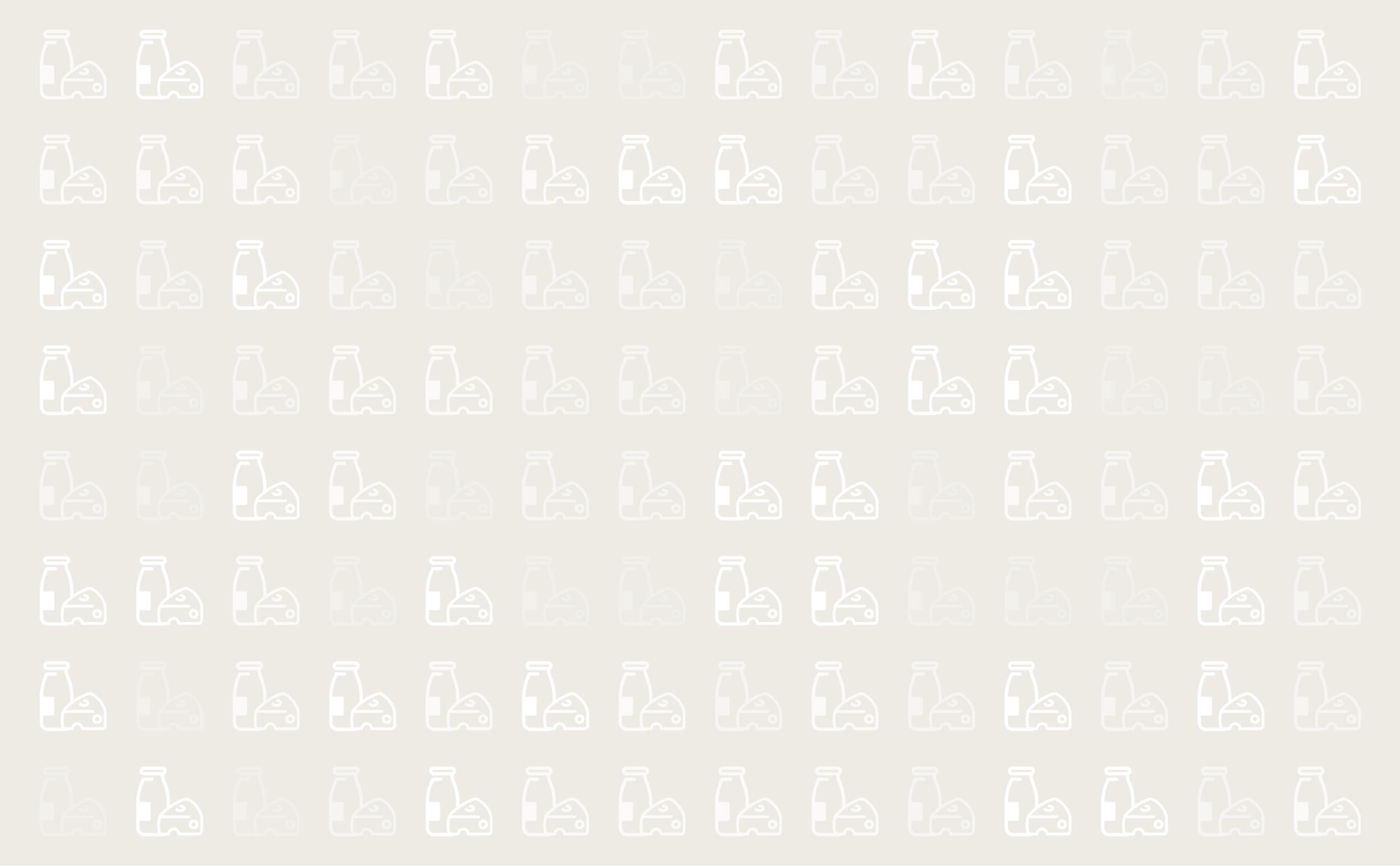



Ulcerative Mammillitis
Ulcerative mammillitis is a relatively uncommon condition but it can spread rapidly in herds which are affected for the first time and cause significant pain and discomfort. It tends to occur most commonly in early winter and in first lactation heifers.
Cause
Ulcerative mammillitis is an infection of the skin of the teats and udder of dairy cattle. It is caused by a herpes virus (known as BHV-2).
Symptoms
Lesions of mamillitis can spread over the entire udder and perineum, as well as this, the mouths of nursing calves might be affected. The clinical signs vary from small irregular fluid-filled blisters to larger areas of ulcers and scabs.
Treatment
No specific treatment is available. Infected cows should be seperated from others. Iodine dips may help disinfect teats to prevent the spread of the disease. An emolient udder cream can speed healing of skin.
Prevention
Once on a farm ulcerative mammillitis is difficult to
eliminate.
Precautionary measures should be taken when bringing cattle onto the farm. Good parlour hygiene and controlling biting flies can
significantly reduce the impact of this disease.

